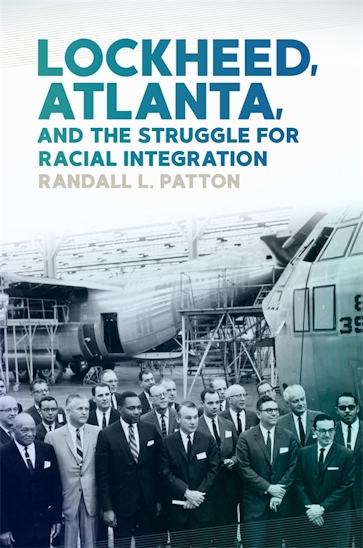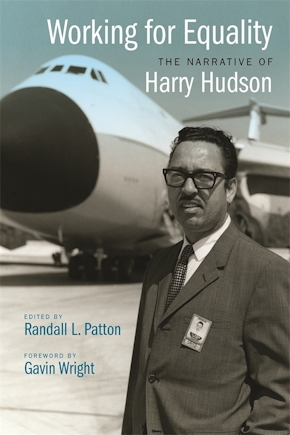Lockheed, Atlanta, and the Struggle for Racial Integration
Title Details
Pages: 244
Illustrations: 10 b&w images
Trim size: 6.000in x 9.000in
Formats
Paperback
Pub Date: 11/15/2021
ISBN: 9-780-8203-6172-7
List Price: $30.95
Hardcover
Pub Date: 11/15/2019
ISBN: 9-780-8203-5514-6
List Price: $62.95
Related Subjects
HISTORY / United States / 20th Century
Lockheed, Atlanta, and the Struggle for Racial Integration
A look inside the corporate management of racial equity in a major American firm
Skip to
- Description
- Reviews
Lockheed has been one of American’s largest corporations and most important defense contractors from World War II to the present day (since 1995 as part of Lockheed Martin Aeronautics Company). During the postwar era, its executives enacted complicated business responses to black demands for equality. Based on the papers of a personnel executive, the memoir of an African American employee, interviews, and company publications, this narrative history offers a unique inside perspective on the evolution of equal employment and affirmative action policies at Lockheed Aircraft’s massive Georgia plant from the early 1950s through the early 1980s.
Randall L. Patton provides a rare, perhaps unique, account of African American struggle and management response, set within the context of the regional and national struggles for civil rights. The book describes the complex interplay of black protest, federal policy, and management action in a crucial space in the national economy and within the South, contributing to business history, policy history, labor history, and civil rights history.
—CHOICE
—Journal of Southern History



